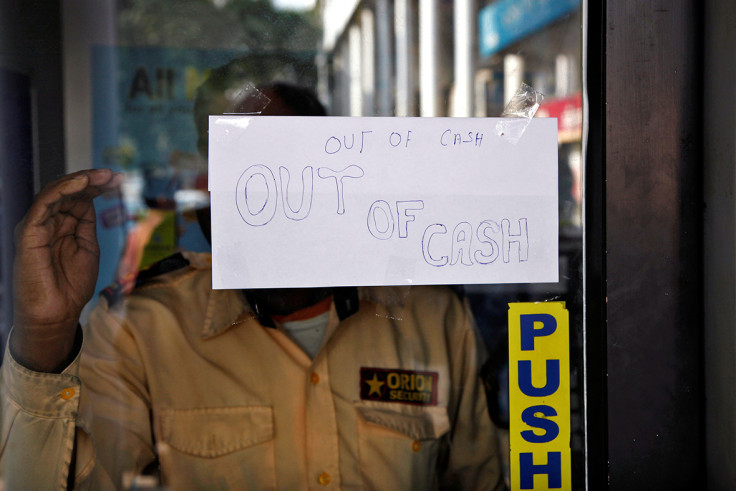Modi government allows Indian farmers to use scrapped banknotes to buy seeds as opposition mounts relentless attack
As the cash crunch continues, parliament remains paralysed amid opposition attack.

The Indian government has been constantly attempting to ease the pressure on the public after it demonetised Rs 500 (£6) and Rs 1,000 (£12) currency notes but opposition to the financial bombshell continues to grow. In its latest move, the finance ministry has allowed farmers across the country to use the withdrawn old notes to purchase seeds so as not to disrupt the agricultural cycle.
The agricultural sector, which is almost entirely cash-dependent and involves the livelihood of about 263 million farmers, has been the worst-affected after Prime Minister Narendra Modi abruptly announced the high denominations would cease to be legal tender.
With non-payment of wages and a severe cash crunch gripping the Indian financial world, the rural population is reeling under the impact of the government's crackdown. Nearly two weeks after the demonetisation announcement, queues outside cash machines and banks can still be seen across many cities.
The opposition has mounted a concerted attack against Modi's drive calling it an anti-people measure which they say has pushed millions into misery. Both the upper and lower houses of parliament have not been able to function as the opposition demands Modi's explanation for the currency withdrawal. The move has also united the fractured opposition.
"The 70 people who have died standing in queues at banks also deserve a tribute...they were also Indians, hard-working citizens," said Gulam Nabi Azad, the leader of opposition in the upper house, referring to deaths linked to the currency withdrawal over the last two weeks. He was speaking after the government's remarks expressing condolences to the victims of the train tragedy in northern India.
Though Finance Minister Arun Jaitley has offered to debate the matter in parliament, the opposition is adamant that Modi should appear in order to offer an explanation. Rahul Gandhi, the Gandhi scion and the political heir of the main opposition Congress party, was among those who stood outside a cash machine in Delhi. He said: "The biggest economic decision in India's history was taken by Prime Minister Modi without consulting anybody except for three/four people. Wherever I go, I see people suffering because of this."
© Copyright IBTimes 2025. All rights reserved.






















